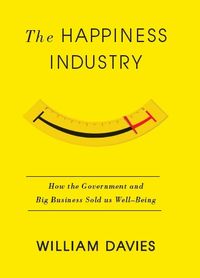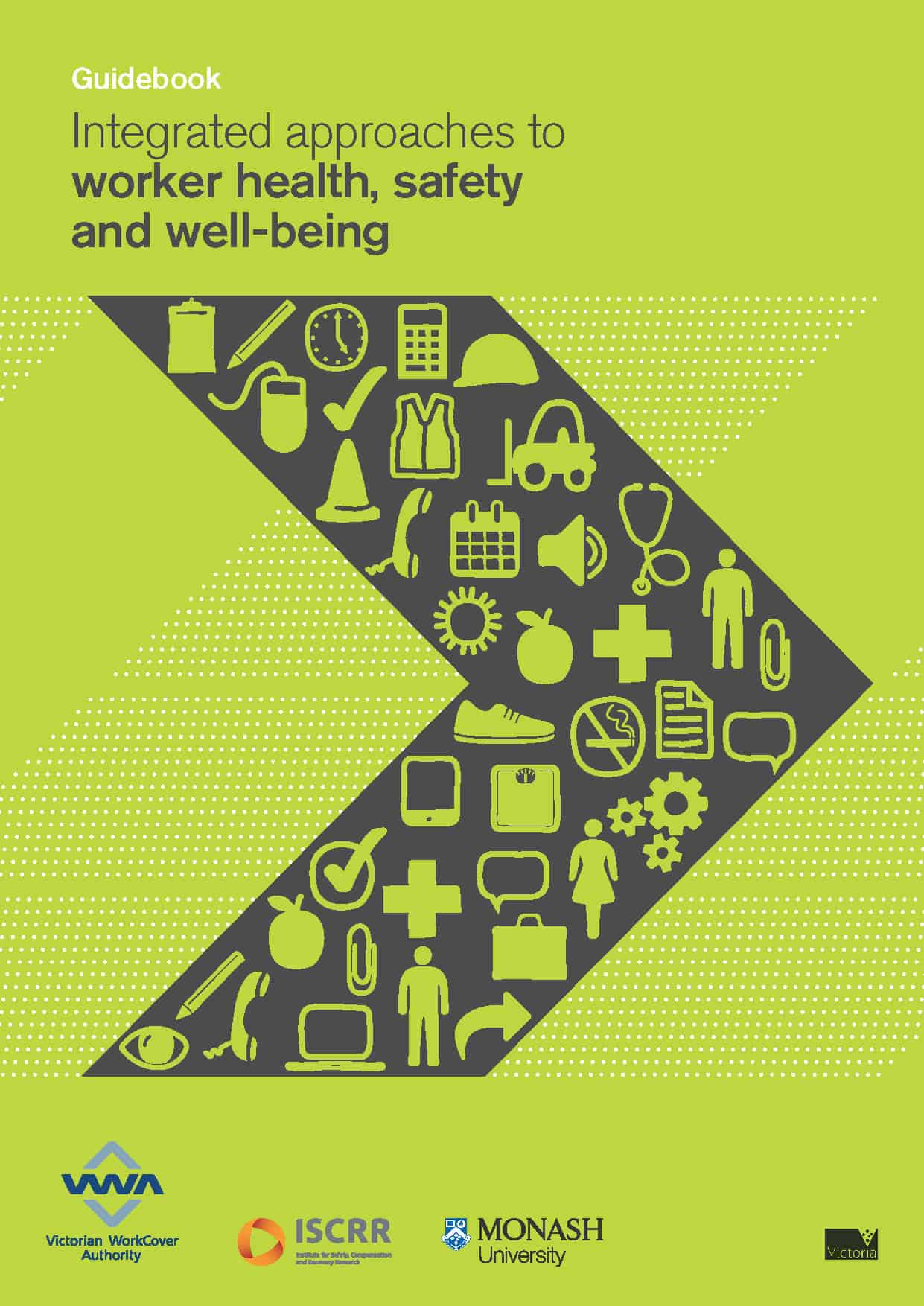I was honoured to speak recently at the monthly meeting of the Central Safety Group. As the meeting occurred during Safe Work Australia Month it seemed appropriate to stir debate about the nature of occupational health and safety (OHS) and how it applied.
Here is a selection of points that I intended to make. Discussion developed in a manner that allowed for many of these to be only touched upon but that was the intention of the presentation – to encourage OHS professionals to talk about OHS rather than about specific hazards. Continue reading “Stirring the OHS pot”

 As the Australian Government analyses the
As the Australian Government analyses the  Later this month, the Victorian WorkCover Authority (VWA) will be releasing a document entitled “Integrated approaches to worker health, safety and well-being” (pictured right, but not yet available online). It is intended to generate discussion on how to improve workplace safety performance by breaking down the walls of various disciplines, production processes, consultative silos and institutional or organisational biases. This document builds on the overseas experience of the
Later this month, the Victorian WorkCover Authority (VWA) will be releasing a document entitled “Integrated approaches to worker health, safety and well-being” (pictured right, but not yet available online). It is intended to generate discussion on how to improve workplace safety performance by breaking down the walls of various disciplines, production processes, consultative silos and institutional or organisational biases. This document builds on the overseas experience of the 